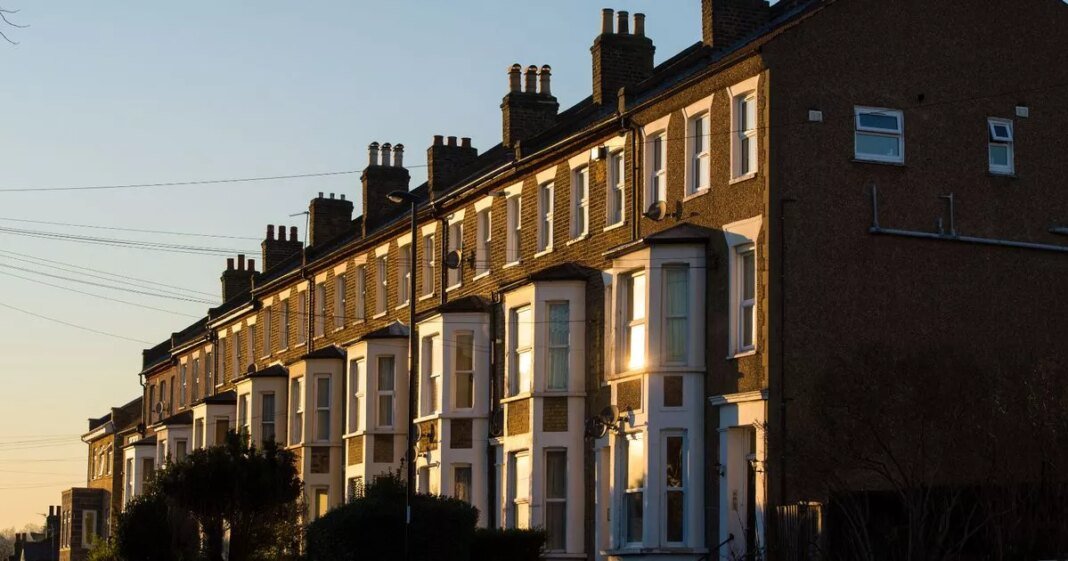A recent report from Common Wealth has highlighted the need for local councils to be granted additional authority to prevent private landlords from acquiring social housing. The report emphasizes the necessity for councils to have a reinforced “Right to Buy Back” capability to replenish the stock of council housing, as currently, 41% of the 2.4 million homes sold under the Right to Buy scheme are now owned by private landlords.
The proposal suggests empowering councils with the resources and abilities to repurchase housing stock, thereby boosting the availability of council homes and expanding the supply of social rent housing. This would involve extending “right of first refusal” privileges to all former social homes and private rental properties on the market, enhancing councils’ leverage in acquiring homes for council housing purposes. Additionally, councils would be obligated to rebuild their housing inventory, including procuring properties specifically for council housing.
Similar initiatives have been successful on a smaller scale in other regions, such as Barcelona, where 1,500 homes have been acquired using “right of first refusal” powers since 2016, often at prices below market value. These powers enable the city to be the preferred buyer automatically when a property is listed, resulting in these acquisitions contributing to over 20% of new affordable homes in the city.
In London, the introduction of the ‘Right to Buy Back’ scheme led to councils purchasing 1,500 homes in its inaugural year, with a focus on former council properties. Projections by the New Economics Foundation (NEF) indicate potential taxpayer savings within 16 years by 2024 through this program.
Kwajo Tweneboa, a social housing advocate, emphasized the necessity of addressing the transformation of publicly owned homes into revenue-generating assets for private landlords due to the Right to Buy policy’s legacy. Tweneboa stressed the urgency of reversing this trend to provide individuals with dignified, stable, and decent living accommodations.
Despite the government’s commitment to a substantial increase in social housing construction, the actual completion numbers have been relatively low, with the peak being 38,170 social housing units completed in 2023/24. While the government has set a target of 180,000 social rent homes over a decade, organizations like Shelter are advocating for higher figures, such as 90,000 social rent homes annually, and the London Renters’ Union is pushing for 155,000 council homes per year.
Adam Peggs, a housing expert at Common Wealth and the author of the report, underscored the historical significance of council housing in providing affordable and secure homes to people. Peggs emphasized the potential for council housing to continue offering high-quality, genuinely affordable accommodations with a democratic decision-making process in the future, stressing the need for political determination to realize this vision promptly.
Mairi MacRae, Director of Campaigns and Policy at Shelter, expressed concern over the 1.3 million individuals on social housing waiting lists facing housing insecurity. MacRae emphasized the urgent need for councils to utilize all available resources, including repurchasing homes and constructing new ones, to tackle the housing crisis effectively.
In response to the report, a Housing spokesperson acknowledged the challenges posed by the decline in social housing due to previous sales but emphasized the government’s efforts to reverse this trend through Right to Buy reforms and substantial investments totaling £39 billion to boost social and affordable housing provision.

